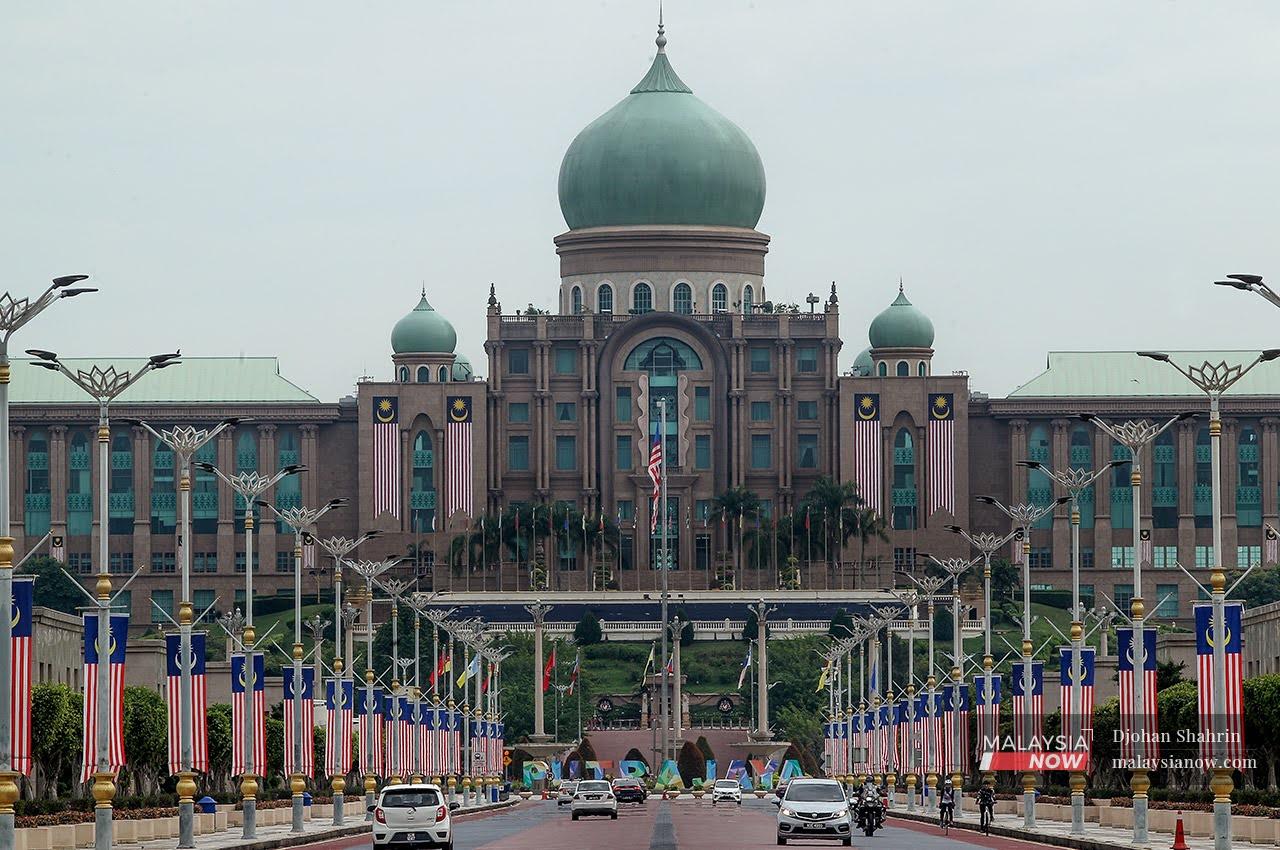In an age of fluid political alliances, is capping PM’s term still relevant?
While there are pros and cons to the suggestion, analysts say it is important to nip any appearance by 'another strongman' in the bud.
Since the last general election, Malaysians have seen three prime ministers come to power, an unprecedented change from the time of independence when entire generations spent their adult years under one or perhaps two prime ministers.
Dr Mahathir Mohamad, who spent 22 years in power during his first tenure in Putrajaya, is perhaps the best example of political longevity at a time when many believe that such endurance is a thing of the past.
As social media use rises and politics is dragged into the open, Malaysia, once seen as the bedrock of political stability beside more volatile neighbours such as Indonesia and Thailand, appears to have joined the trend of fluid loyalties and short-term alliances.
Oh Ei Sun of the Singapore Institute of International Affairs said given the country’s current political instability, many believed that the tides would continue to change.
“But the dust will eventually settle, and another strongman in the tradition of Dr Mahathir Mohamad during his first term may emerge,” he added, referring to the 22 years the veteran politician had spent in power, from 1981 to 2003.
“So it is important to limit the term of the prime minister beforehand, and to entrench it as a political tradition.”
Opposition pact Pakatan Harapan (PH) said on Monday that it would seek a meeting with Prime Minister Ismail Sabri Yaakob to discuss a number of issues, including a cap on the length of time spent in the country’s top seat.
Other issues were the anti-party hopping bill to prevent MPs from switching camps, the tabling of the Parliamentary Services Bill, and the amendment of the Dewan Rakyat Standing Orders.
Mahathir, Malaysia’s longest-serving prime minister, was appointed to lead the country for a second term after PH won the 14th general election (GE14) in 2018.
He resigned after 22 months, triggering the collapse of the PH government in 2020.
The proposal to limit the prime minister’s tenure was made by PH during its campaign for GE14. However, questions have arisen about the feasibility of the suggestion given that the memorandum of understanding (MoU) inked between PH and the government is expected to end in July.
Political observer Hisommudin Bakar said that PH, lacking the time to propose the matter during its time in government, had tried to fulfil its manifesto through the MoU with Putrajaya.
“Now, they are hoping that Ismail will accept their suggestion about institutional reforms,” he said.
“Is this a priority right now? That is the question.”
Hisommudin, the executive director of electoral think tank Ilham Centre, said while the proposal was important to PH, members of the public might not see it as a prime concern at the moment.
He said the people were currently more focused on economic recovery, job opportunities, and the rising price of goods.
While the proposal might have interested voters before, he added, the political dynamics and circumstances had since changed.
Kartini Aboo Talib meanwhile said that the move had its pros and cons although for her, the disadvantages outweighed the benefits.
Kartini, of Universiti Kebangsaan Malaysia, added that Malaysians were capable of deciding on governmental changes for themselves.
“We reached democratic maturity when the administration changed peacefully from Barisan Nasional to PH in 2018,” she said, adding that the subsequent shifts from Mahathir to Muhyiddin Yassin and then to Ismail were likewise uneventful.
Oh however said that limits were necessary, especially in a developing and maturing country like Malaysia.
“We certainly do not want budding autocrats to get funny ideas about staying on indefinitely,” he said.
As for PH’s reversal of policies on taxes and public transport, he said its concern had been about the waste associated with these projects.
“As for the LRT and MRT, I think the objections were more on some of the excesses associated with such mega projects,” he said.
“PH felt they were so egregious that they must be scrapped. As for the goods and services tax, I think it was almost universally hated by the population.”
Subscribe to our newsletter
To be updated with all the latest news and analyses daily.
